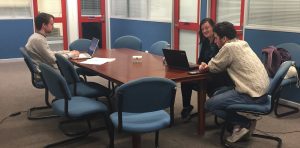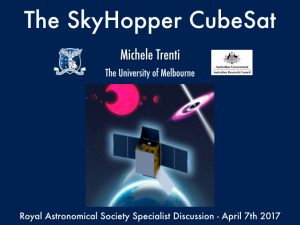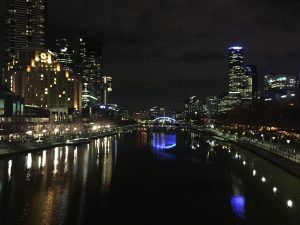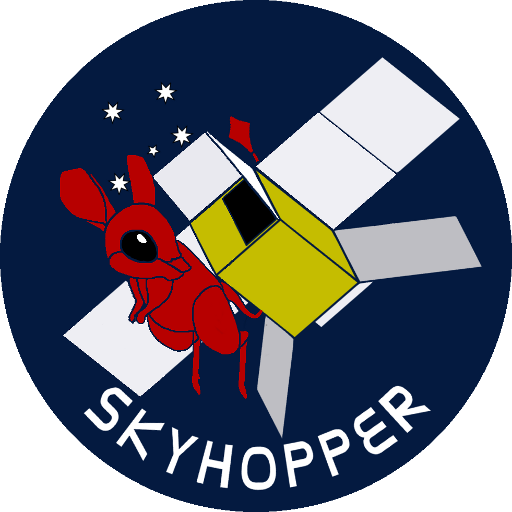Our First SkyHopper Interns
 We would like to give a warm welcome to our winter Interns, Lauren Jessup and Jack McRobbie. Lauren and Jack are both University of Melbourne students and are working on Melbourne Uni’s first student cubesat in the student run Melbourne Space Program. Lauren studies Mechatronics Engineering at the University of Melbourne and has studied both physics and teaching in New Zealand, while Jack is an undergraduate physics student. We are excited to have both of them on board for the winter break.
We would like to give a warm welcome to our winter Interns, Lauren Jessup and Jack McRobbie. Lauren and Jack are both University of Melbourne students and are working on Melbourne Uni’s first student cubesat in the student run Melbourne Space Program. Lauren studies Mechatronics Engineering at the University of Melbourne and has studied both physics and teaching in New Zealand, while Jack is an undergraduate physics student. We are excited to have both of them on board for the winter break.
 We recently wrapped up an extremely productive visit from
We recently wrapped up an extremely productive visit from  SkyHopper was recently presented at two international meetings: On April 7th, SkyHopper’s Principal Investigator Michele Trenti gave a talk at the “Science with CubeSats” Specialist Discussion Meeting hosted by the Royal Astronomical Society in London (UK). Shortly after that, on May 31st, Co-Investigator Jochen Greiner talked at the 6th Interplanetary CubeSat Workshop in Cambridge (UK). Both presentations were well received, and the events have been excellent opportunities for networking with other leading CubeSat experts.
SkyHopper was recently presented at two international meetings: On April 7th, SkyHopper’s Principal Investigator Michele Trenti gave a talk at the “Science with CubeSats” Specialist Discussion Meeting hosted by the Royal Astronomical Society in London (UK). Shortly after that, on May 31st, Co-Investigator Jochen Greiner talked at the 6th Interplanetary CubeSat Workshop in Cambridge (UK). Both presentations were well received, and the events have been excellent opportunities for networking with other leading CubeSat experts.
